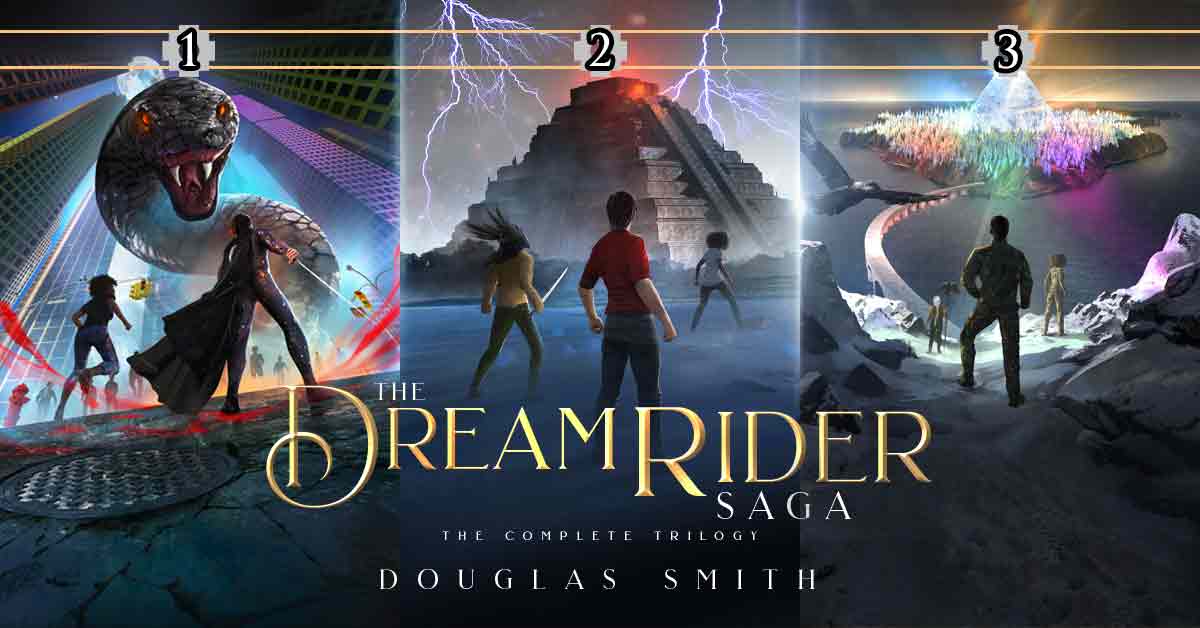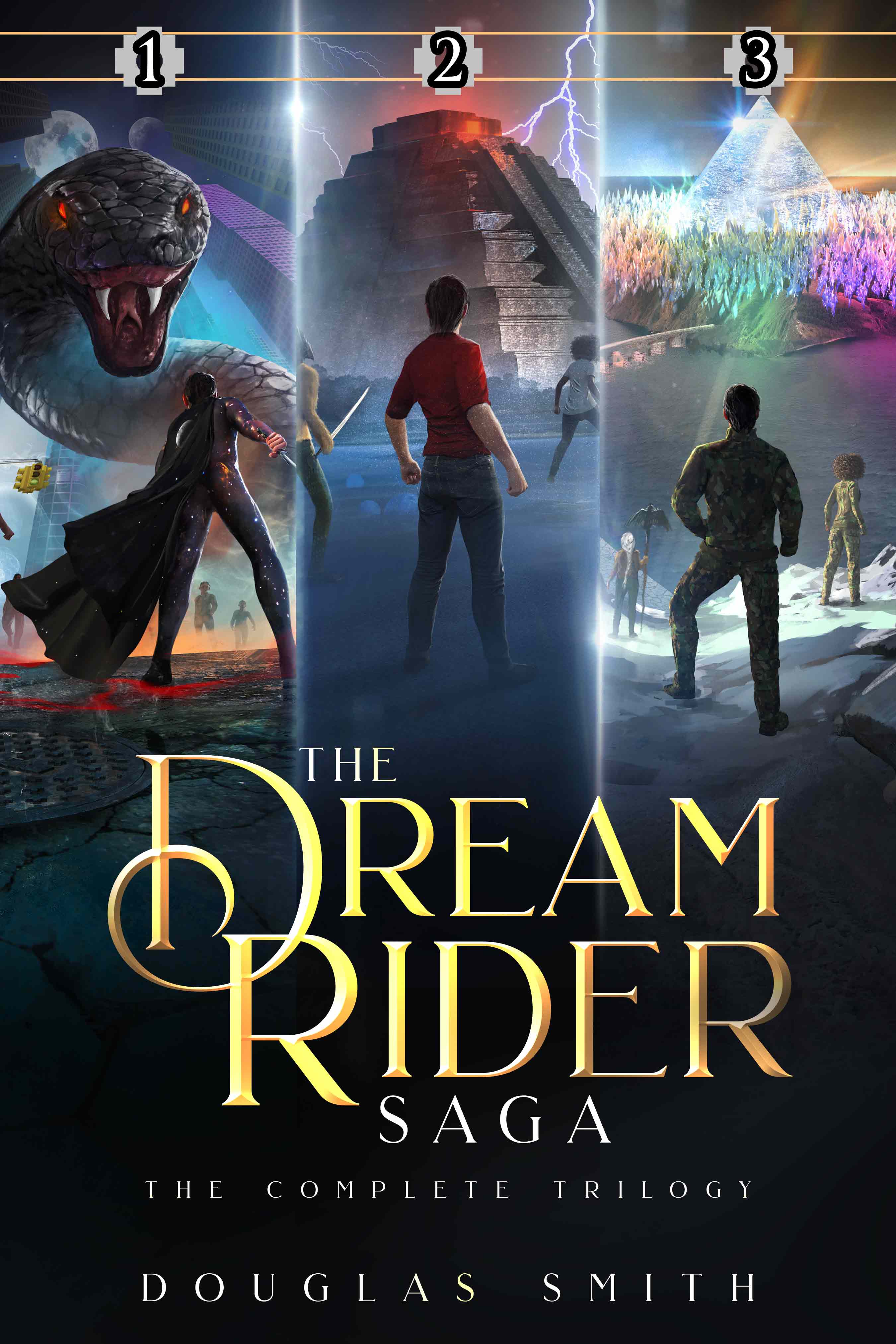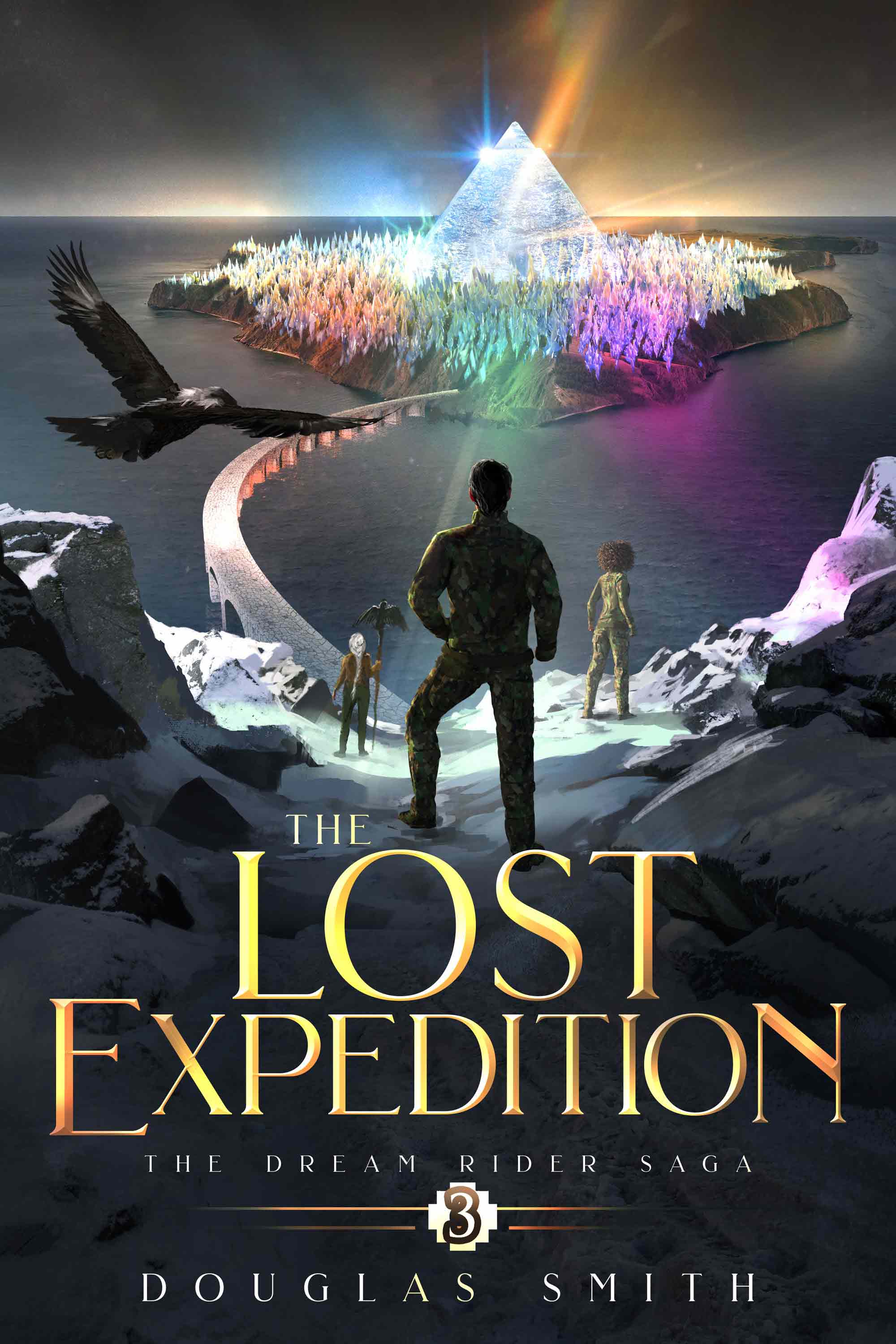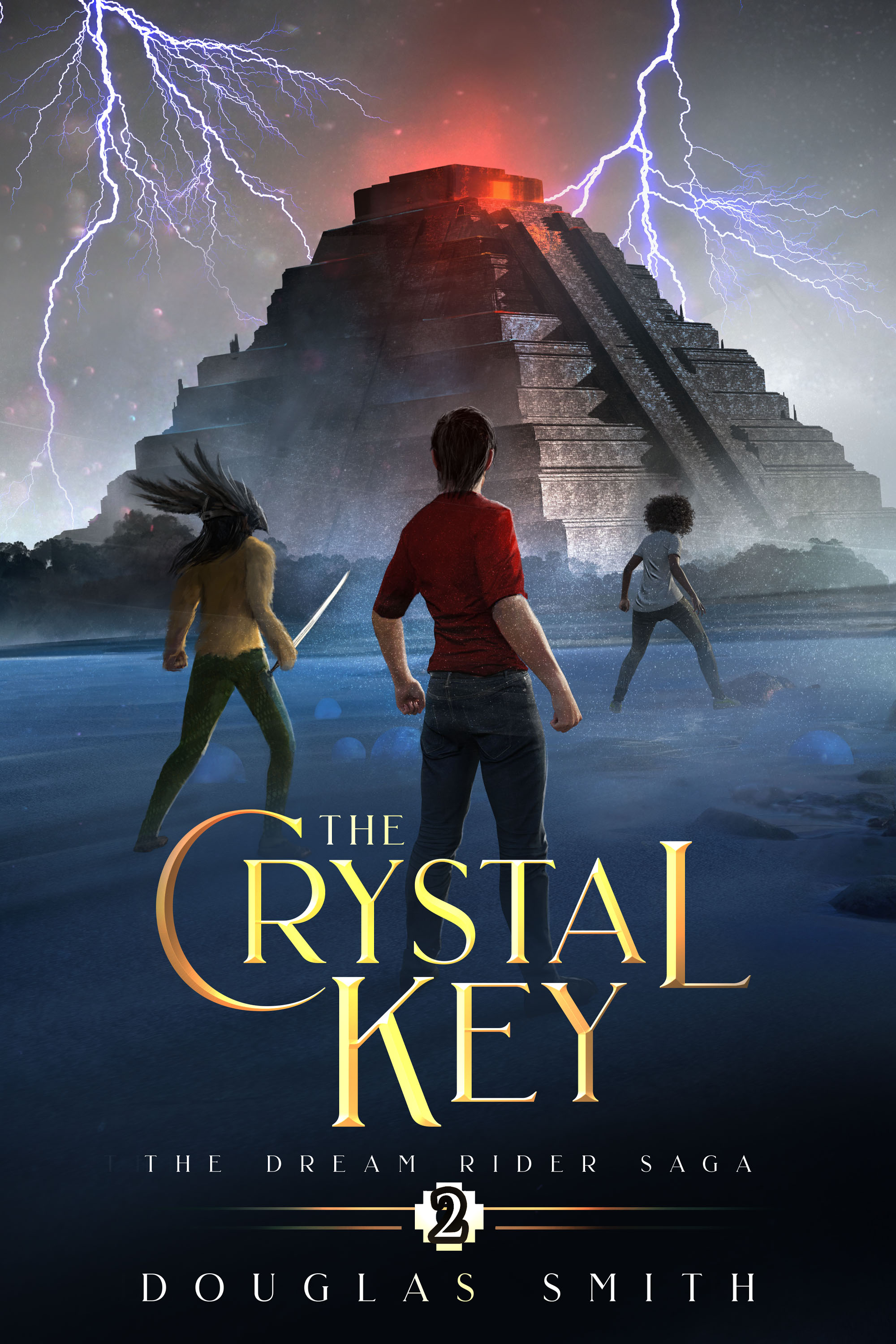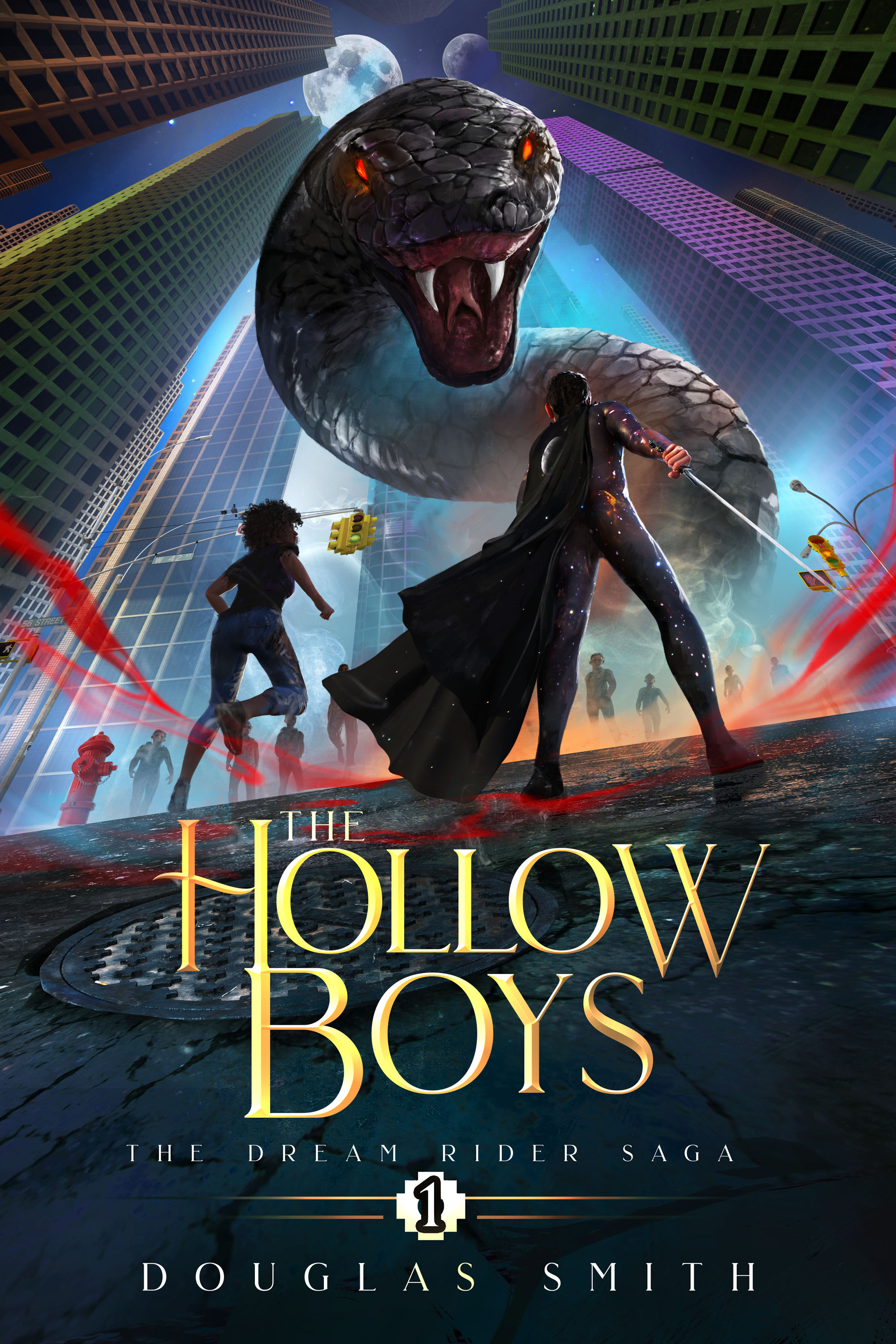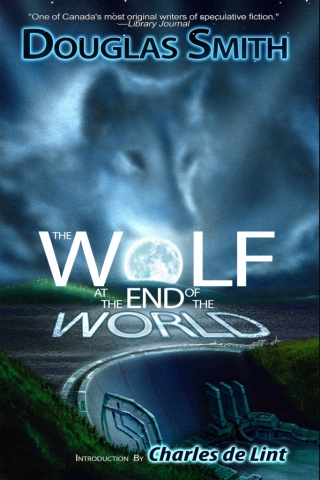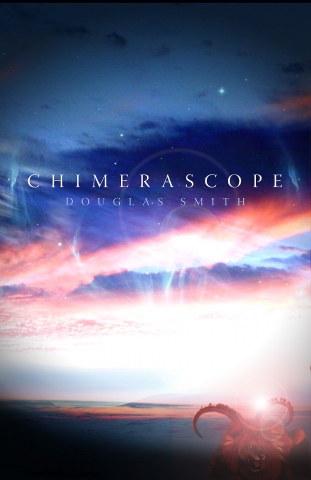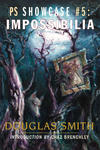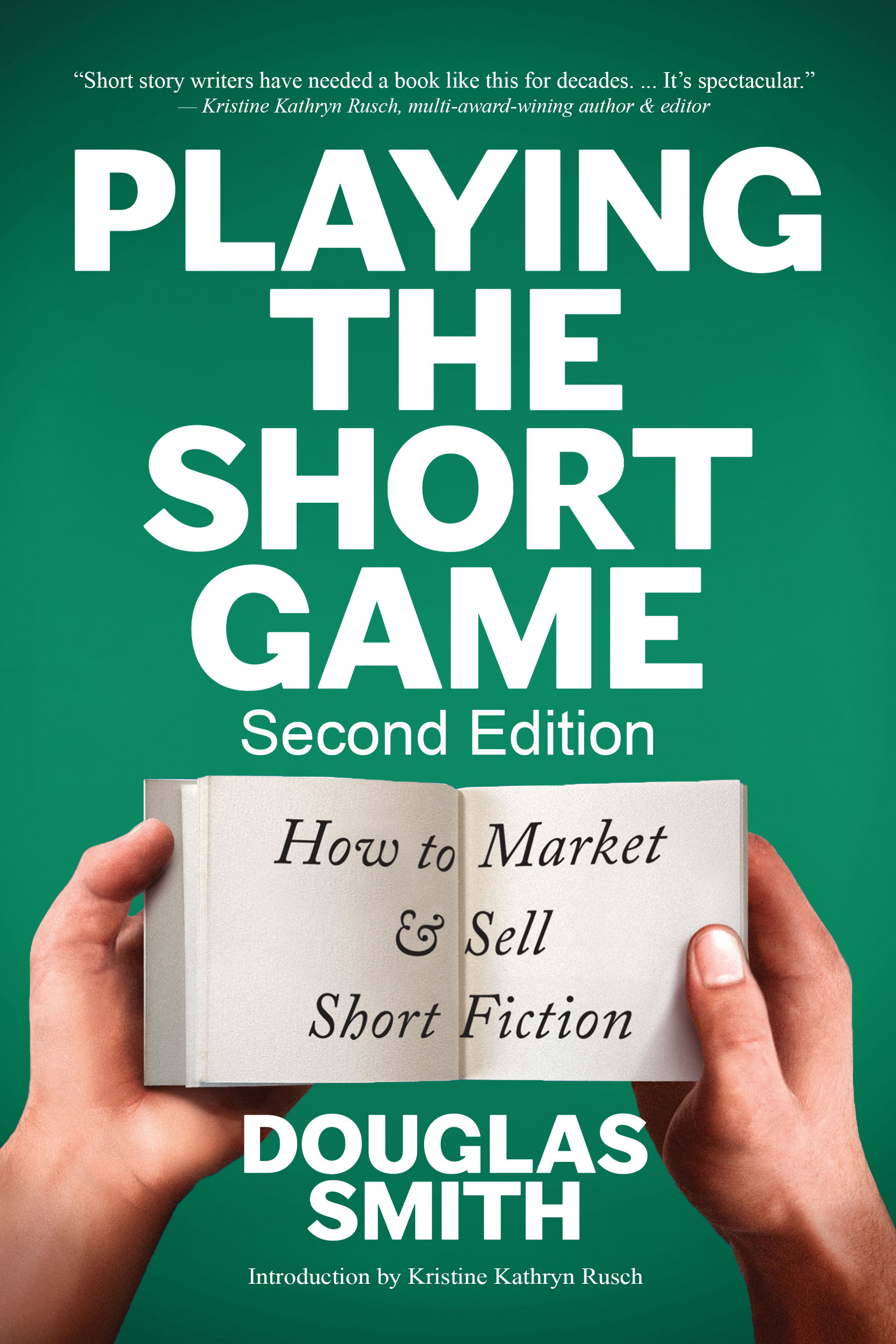Publishing a Short Story Collection
Fellow author Krista D. Ball interviewed me in August 2011 on my experiences with selling my two collections and with working with small genre presses for both of those books. l've blogged this interview in the past, but have pulled the separate blog posts from the interview into one article here.
Question: In Chimerascope, most of the stories were at least nominated for Aurora Awards and one was a winner. With credits like that, why did you choose to go with a small Canadian press like ChiZine?
True, the stories in Chimerascope have a lot of award credentials. "Scream Angel" won the Aurora, while another nine of the sixteen stories were Aurora finalists. "By Her Hand, She Draws You Down" was also a Best New Horror selection, and several more received honourable mentions in the Year's Best Fantasy & Horror. I could talk similar numbers for my first collection, Impossibilia, which had another Aurora winner ("Spirit Dance") and an Aurora finalist in its three-novelette line-up.
But if I pick up any collection, I'd expect to see award credits for the stories. A collection is supposed to represent an author's best work. But unfortunately, regardless of awards, a "big" publisher will simply not be interested in publishing a collection, unless you are a Name (which I'm not). The strategy for how an author should market a collection changed from when I started writing to when I was ready to market Impossibilia in 2008. And it's changed again since I published Chimerascope just last year, thanks to eBooks and indie publishing options.
When I started writing short stories in the late nineties, the traditional route for a new writer was to build a name in short fiction, then sell a novel to a NYC publisher, and then have that publisher put out your collection once you'd had a few novels out.
That strategy had disappeared by the time I decided to market my first collection in 2007, for a number of reasons. First, collections have never sold as well as novels, and with publishing downturns, it had become even harder to sell a collection to the big NYC houses, even if you were already with them.
Robert J. Sawyer, the multi-award-winning Canadian SF writer and a mentor of mine, pointed out another issue to me at that time. If you sold a collection after you'd had a couple of novels out, the sales dip in the collection would hurt the orders for your next novel, since the chain buyers didn't differentiate between novels and collections. The well-known UK anthologist, Steven Jones, also advised me that a collection was becoming a way for short fiction writers to raise their profile with publishers to help when they were marketing their first novel.
So taking all those points together, my strategy switched completely from the old model of novels first, and a collection later with a big house, to an approach of selling a collection ahead of my first novel and focusing on a reputable small press to do that.
That meant that I needed to decide on which small press for my first collection. I started talking to writer friends who had done collections in the past couple of years regarding who they went with and why, and most importantly, what their experience had been with that small press. This proved to be a critical but depressing step, since it caused me to cross several small presses off my list. I didn't find many happy campers.
I also reviewed the recent awards lists, looking for small presses that showed up regularly. Steve Jones had recommended PS Publishing (UK), and I noted that they were getting a lot of award appearances and positive press. I did some more research, hearing only good things about them. They seemed to be the most prestigious small genre press around. I also knew Nick Gevers, one of their editors, and knew that he liked my work.
So I pitched Pete Crowther (publisher and owner) a full collection. And quickly received a very polite thanks but no thanks. Well, I knew it had been a long shot. I figured that was it, but then I received an email a few days later from PS, offering me, instead of a full collection, a mini-collection of 25-30k words in their "Showcase" series, a brand new line intended to "highlight genre fiction's best up-and-coming writers" (their words, not mine). I said yes (actually, more like "YES!!"), and in 2008, Impossibilia was published, much to my delight. Unlike most collections, Pete wanted new material, but I wanted to include my story, "Spirit Dance," upon which my first novel is based. So we compromised, and Impossibilia contains two new novelettes and "Spirit Dance." The collection picked up two Aurora nominations, one for best long form and one for best story ("Bouquet of Flowers in a Vase, by Van Gogh" -- more on that and the Impossibilia cover later).
A year later, I decided to try pitching a full-length collection again. Although I was completely happy with the job that PS had done with Impossibilia, I wanted my second collection to be more widely available, including a paperback edition (this was late 2008, so ebooks weren't quite the obvious other option yet). The PS business model aims at collectors and the book as a physical artefact: very high quality production, hardcover and jacketed hardcover editions only, limited print runs of numbered, signed editions--but no retail distribution (beyond being able to order via Amazon).
As I was considering my options, Brett Savory and Sandra Kasturi of Chiarascuro Magazine fame, announced that they were starting ChiZine Publications. Brett and Sandra have been friends of mine for years, and I had high regard for their editorial taste and publishing industry acumen, as well as the early list of authors they had lined up. In addition, they were expecting to have retail bookstore distribution in Canada and the US very soon (they did, and added the UK and eBook editions as well). Plus their model would focus on larger print runs of trade paperbacks for the bookstores (in addition to limited edition hardcovers based on pre-orders only). So I pitched them a full collection. Chimerascope came out in early 2010, and I've been 100% happy with the result. I provide more details on working with both PS and CZP in my answer to the third question below.
Question: Did you go the agent route? Why or why not.
For a collection? Nope. No need to and no advantage in doing so. Since I wasn't targeting the big NYC houses, an agent wouldn't have done me any good. I could research the small presses as well as they could, and could submit to those directly myself. Even if I had foolishly tried to target the big publishers, an agent wouldn't have been interested in trying to market a collection. They know collections don't sell, and a collection would get an incredibly small advance compared to a novel, even a first novel. So from an agent's point of view, that translates into a lot of work with no chance of success and for very little pay even if they could sell it. From my point of view, an agent was not going to do anything for me with a small press that I couldn't do better myself.
Question: What are the top 3 best things about a small press?
Well, for the two presses I worked with, I could list more than three. But most of my points would come down to retaining an involvement and degree of control over your book. With both collections, I had input on who should write the introduction, the stories to include, the order of their appearance, editing and copy-editing, promotion, etc..
And on the cover, which is just not heard of in big publishing. For PS, Pete had Fernando Molinari do the cover, and he asked me what I wanted. Because it was a collection with only three stories (albeit novelettes), I told him that I'd like to incorporate something from each story: a wolf in a dark forest, the particular van Gogh painting, and a carnival. I didn’t think that (a) he'd listen, or (b) could pull off such a list as an integrated piece of art, but he did an amazing job.
Prior to that, PS had actually communicated with the Metropolitan Museum of Art in NYC to try to get the rights to use a copy of Van Gogh's "Bouquet of Flowers in a Vase" painting for the cover (since it was the lead story in the collection). PS's discussion with the museum went on for some time, but finally fell through when the MMoA would only agree provided there was nothing else on the cover but the painting—i.e., no title, no author's name, nothing!! So that's when we turned to Fernando. But can you imagine any big publisher going to those lengths to work with an author on a cover? Nope. With big publishing, you take what you're given (check out this recent blog by Kristine Kathryn Rusch to see a horrible cover that a big publisher gave one of her books, and the cover she put on when she recently reissued and self-published the book. It's about halfway down the blog, but the blog is a good read as well, as are all her blog entries).
With ChiZine for Chimerascope, Erik Mohr did the cover. Erik does all the CZP covers, and they are all uniformly amazing. He's like CZP's secret weapon. Erik's up for an Aurora this year for best artist for his CZP work, and if anyone votes in the Auroras, you should give Erik your vote. He has also done almost all of my ebook covers for me. With Chimerascope, Erik did an initial cover for me, which was gorgeous, but which to me said "SF." Since my collection is a mix of fantasy, SF, and horror--and since my first two novels will be urban fantasy--I wanted something that didn't look purely science fiction. So he promptly came back with another design, which we went with as the final cover for Chimerascope.
Secondly, I'd list quality and attention. In both cases, both PS and CZP produce beautiful books and take great pride in doing so. This is more than just a business to them--it's something they love doing. And because they're small, you get more personal attention. They like and respect their authors, and it shows.
Thirdly, especially for CZP, I'd list promotion and profile that the book received. Chimerascope was reviewed in Publishers Weekly, Booklist, Library Journal, Quill and Quire, and ever so many more, all without effort on my part. I added some review sources based on my own list, but I'd never been reviewed in all of those places before. In addition, thanks in part to CZP promotion, Chimerascope made the final ballot for the 2011 CBC Bookies Award for best collection. It is also on the 2011 Aurora Award final ballot and (much to my surprise) is one of the five finalists for the 2011 Sunburst Award, Canada's juried speculative fiction award.
I'd also mention that all of the good things I've listed about PS and CZP were often what was missing when I talked to other authors about their bad experiences with small presses. So, basically, do your homework before selecting a small press.
I'd add a fourth item for CZP, which I mentioned earlier. Their business model includes trade paperbacks, not just limited run hardcovers, and most importantly, that they have distribution deals in Canada, the US, and the UK.
Small presses have also, generally, been quicker to both embrace and establish ebook editions. CZP added ebook editions early on, and thanks to urging by myself and another author, PS recently added ebooks too (which I think is a great idea and supplements their business model, without competing with their print books. A collector will still want the numbered print version, but ebooks open up the market for PS to capture other readers who just want to read the stories.)
Question: What are three things that people need to consider before going with a small press?
First is reputation. If you're considering a small press, check out their authors and contact at least three of them. Ask them about their experience with the press. How involved were they in the publishing process? Did they get cover input? What about the quality of the editing and copyediting? What about promotion? Where were they reviewed? Scan the awards ballots and see which presses are showing up regularly. And check out some of their books, especially their covers, and their author list. Any big names on their list? Would you like to be included on that list, or have you not heard of anyone that they publish?
Second is distribution. See my comments above. For the time being, print distribution into bricks and mortar bookstores is still very important. So you will want to understand exactly what distribution deals the press has to get your book into bookstores. And I'd include their business model in this as well. Do they only do limited print runs? Do they do paperback editions (cheaper for readers) or only hardcover? Do they produce ebook editions?
Third is the degree of authorial involvement in the publishing process. I mention some of this under the first point, but if you're considering a publisher, then they should be able to tell you how much you'll be involved with key decisions in the process, especially the cover.
Notice that I didn't mention money. I'm not saying that the money isn't important, but I'd suggest that you worry less over an advance and instead ensure that you understand their royalty structure, especially for the eBooks. And most importantly, make sure that you understand what rights you are licensing and are comfortable with how and when those rights revert to you.
Okay, I'm way beyond just "three things," but I have to mention another key option that any writer with a backlist of short stories needs to consider in 2011, and that is self-publishing a collection as an ebook or even as a POD book plus ebook. I haven't done an e-collection yet, but I have put up most of my backlist as individual ebook short stories, available through all the big ebook retailers. I can easily put out an ebook collection of just my fantasy stories, or my SF stories, or only my Heroka stories. It's all under my control.
It would take too much space to discuss indie publishing here, but it's become fairly simple to self-publish a book, whether it is a collection or a novel. If you want to know more about that world, I would strongly recommend Kris Rusch's "Business Rusch" blog series and Dean Wesley Smith's "Think Like a Publisher" blog series.
That's it, folks. I hope that you found this useful. If you have questions, please feel free to leave a comment below or contact me.
